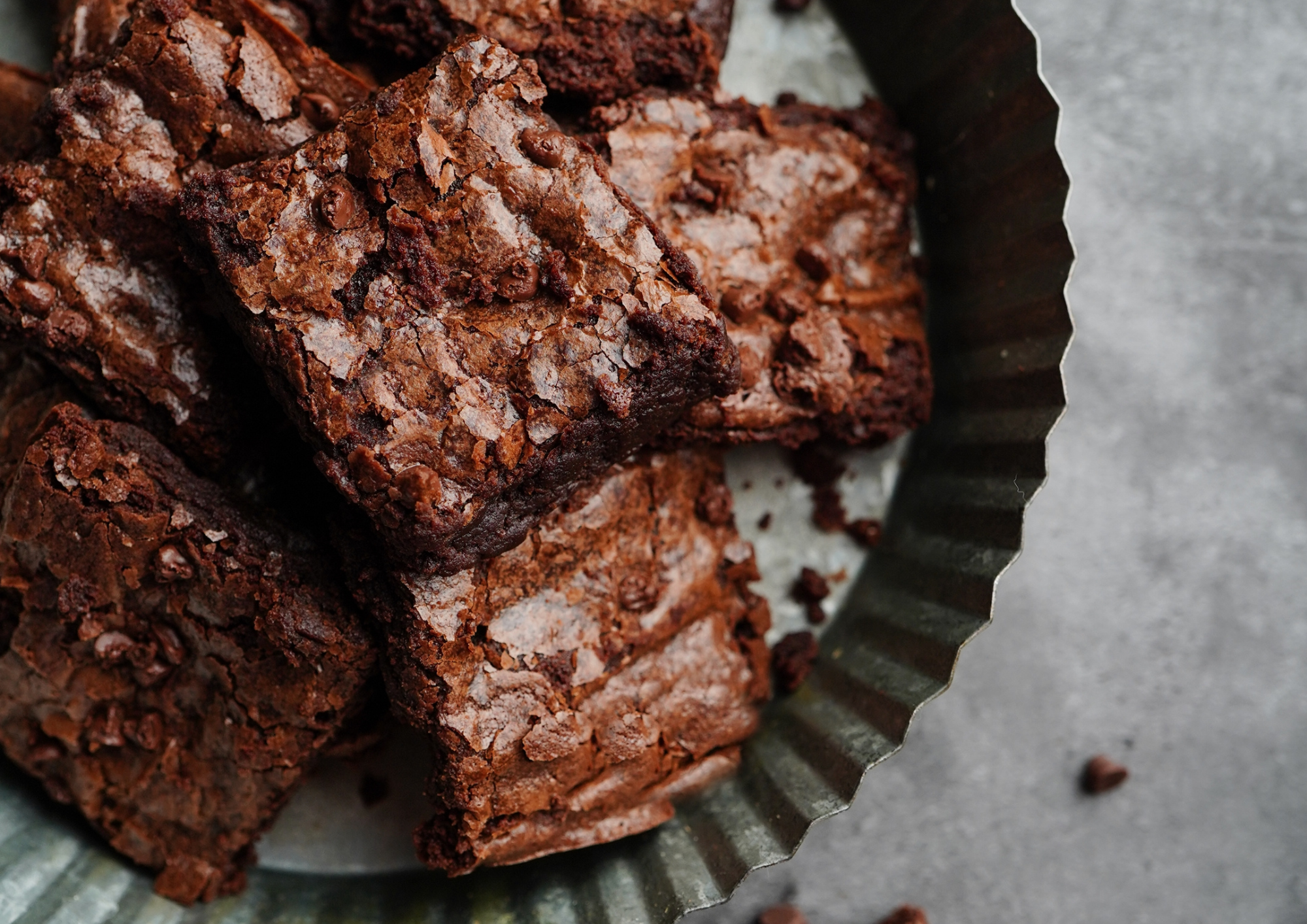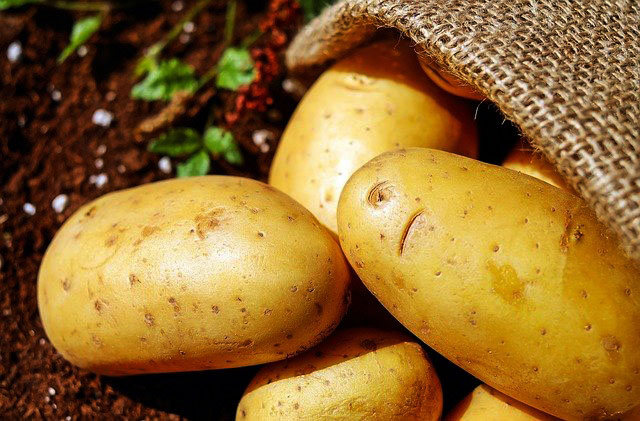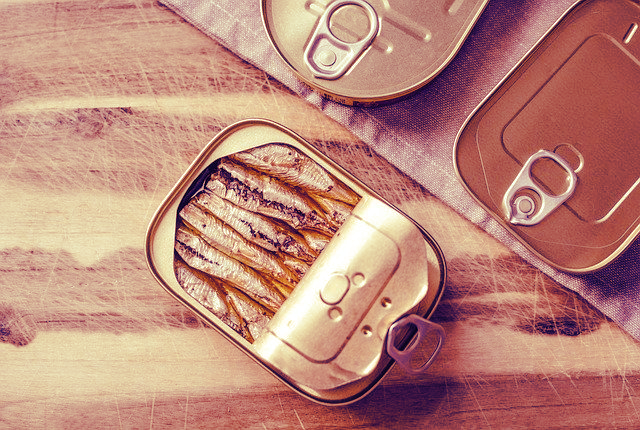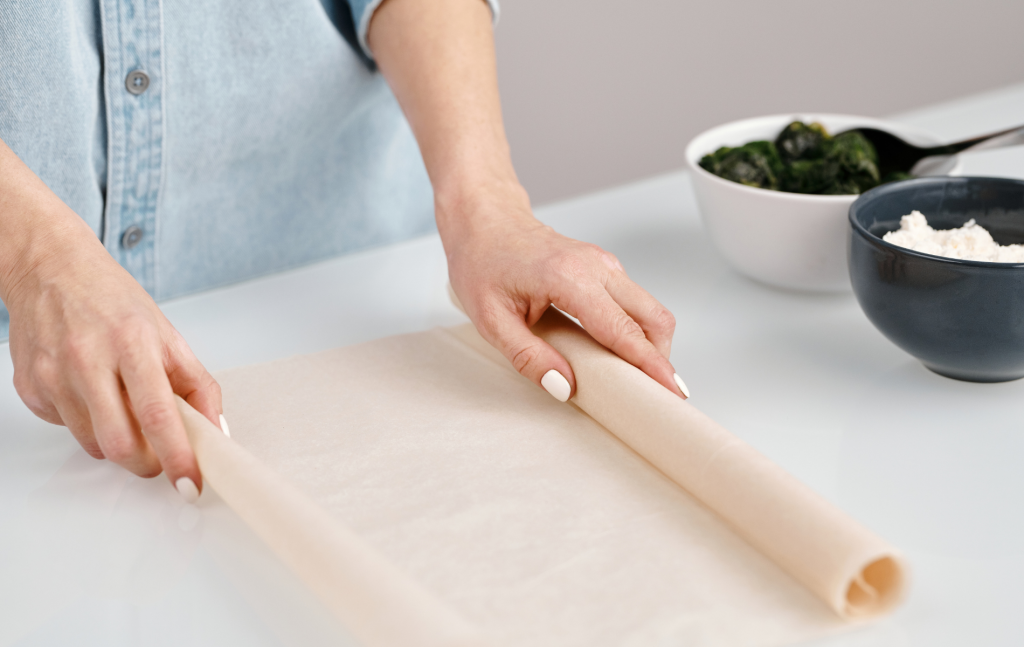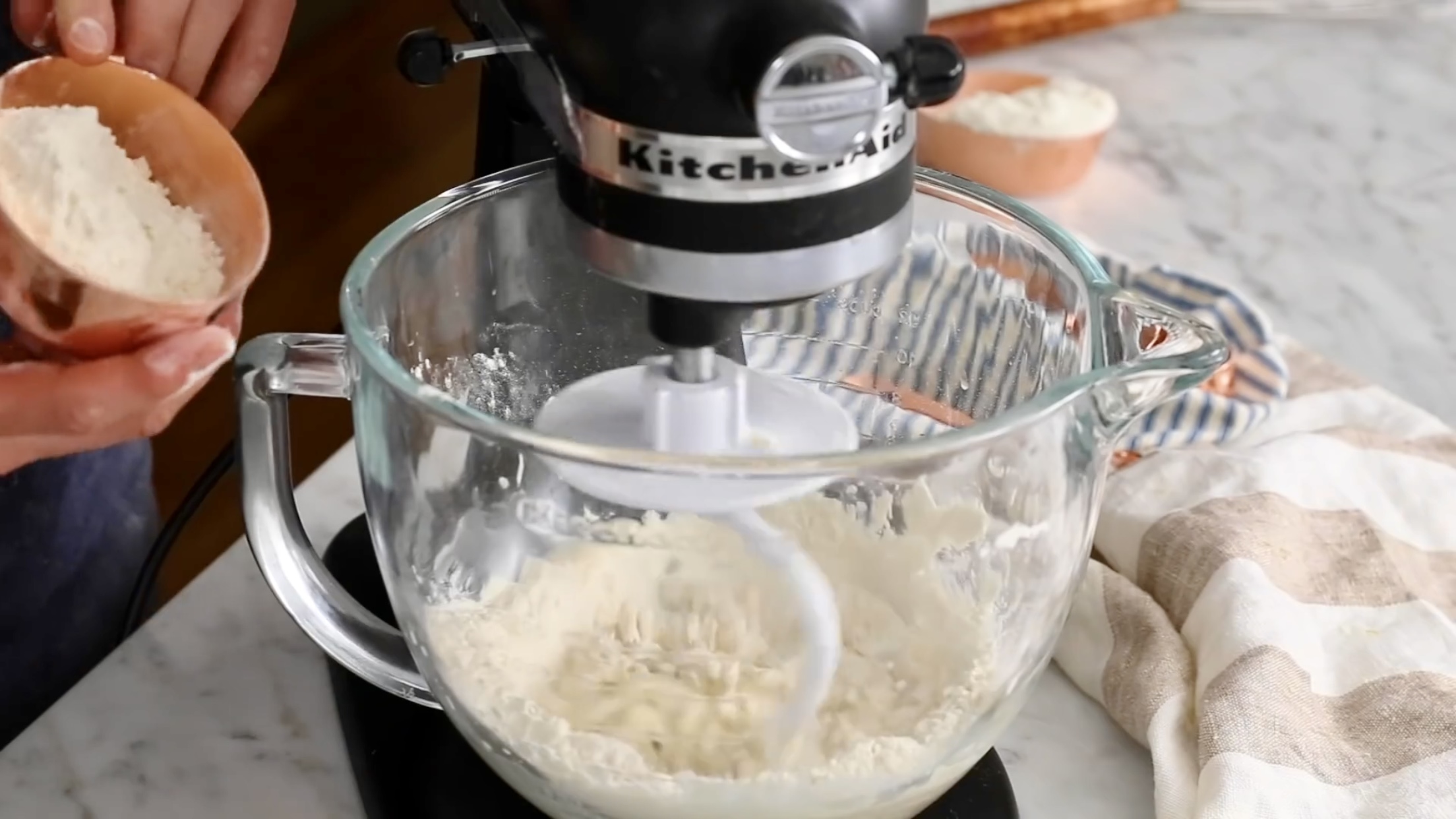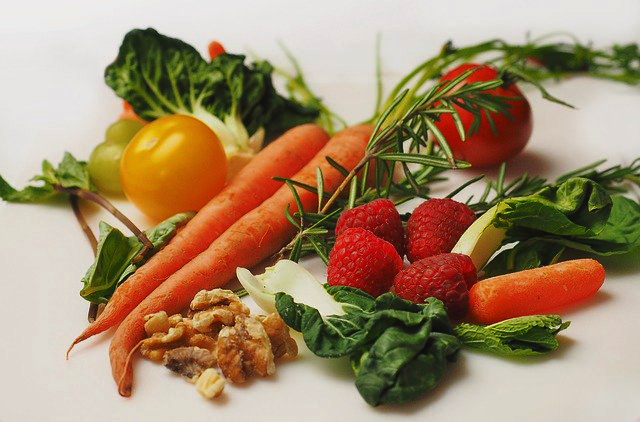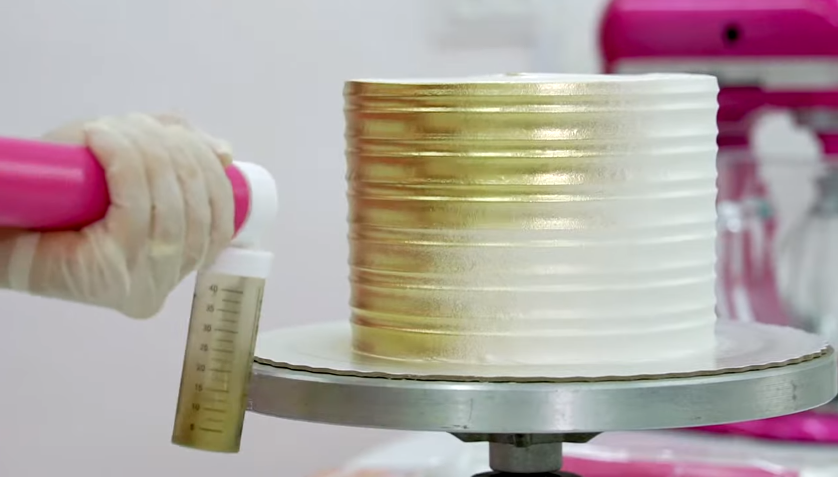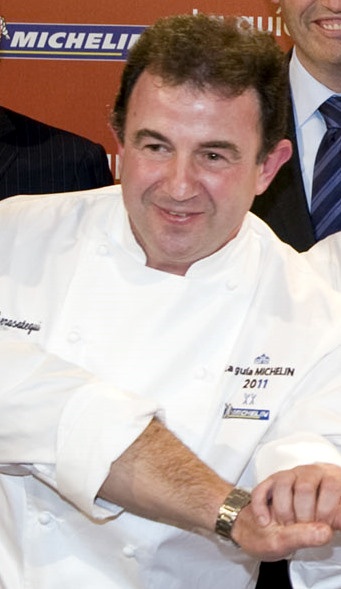Cider almost always comes from apples. As with wine, the modifier "dry" means that the natural sugar has been fermented out. And, of course, the use of that word "fermented" means that it is alcoholic. Dry cider, then, is hard cider that contains between 5% and 7% alcohol. It is often clear. It is particularly popular in Britain and Ireland.
Dry cider is more popular as a beverage than as an ingredient for recipes. It is drunk on its own or used in mixed drinks. Because not everyone likes a sugarless cider, some distillers add sugar when they bottle it, but they still call it dry cider. Go figure.
You may be able to find an authentic dry cider in this country in liquor stores that specialize in imported beers. Otherwise you may have to substitute American apple cider and cut back on the sugar in your recipe, or dilute an apple brandy substantially. Most apple brandy is more than five times more alcoholic than dry cider, though, so if you water it down enough to match the alcohol content of dry cider, you may dilute the flavor so much that there's little point in using it.
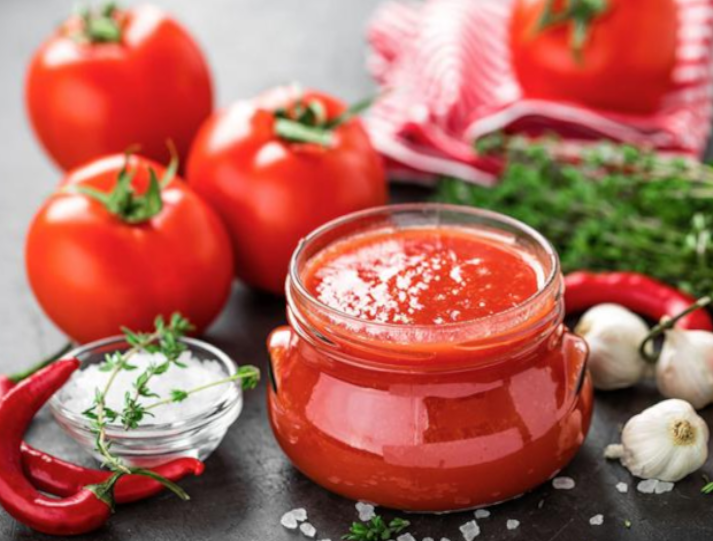
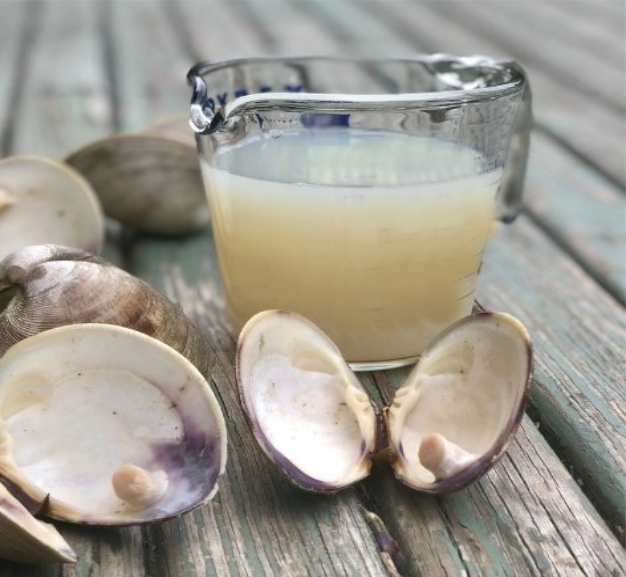
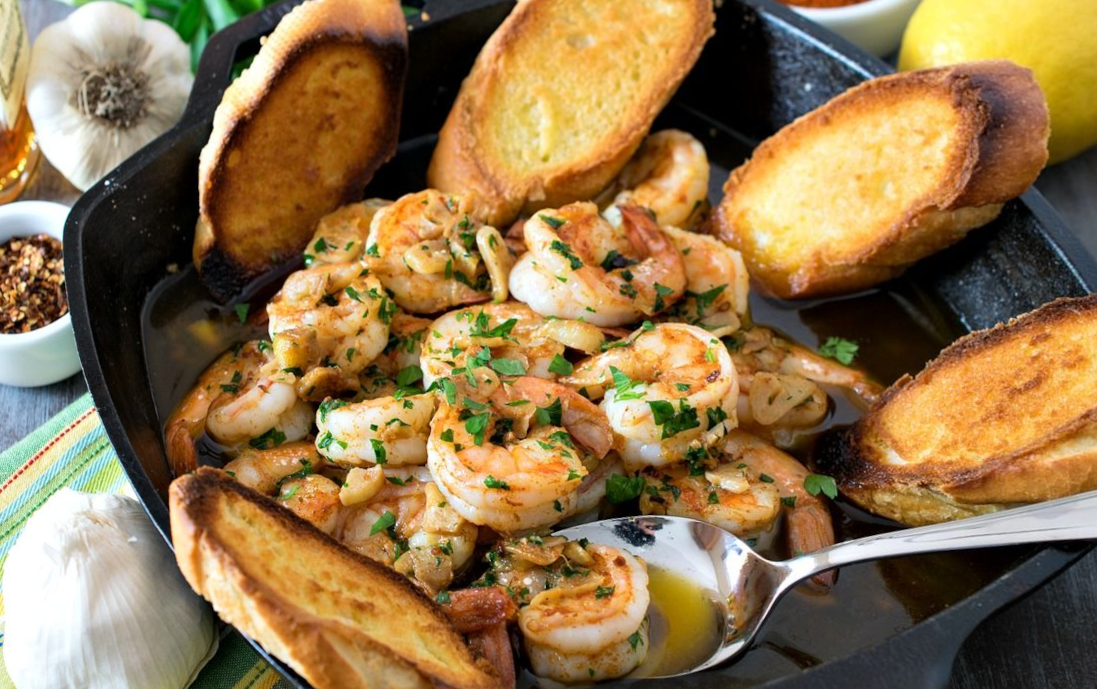

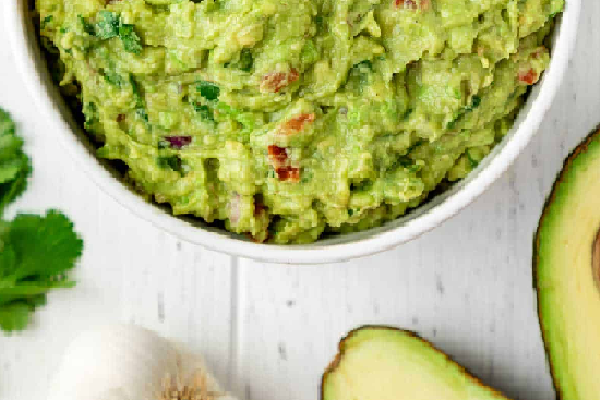
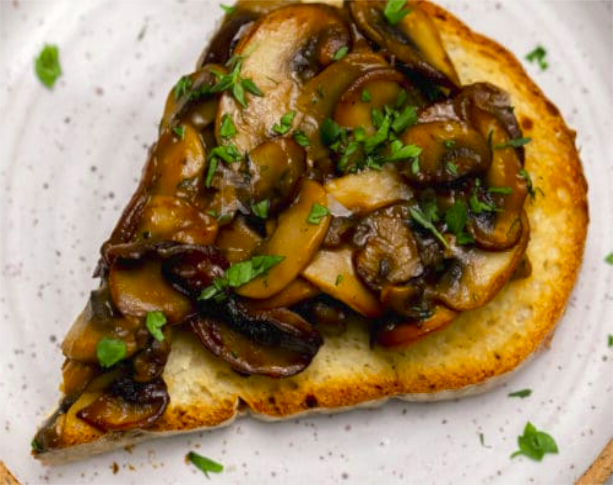
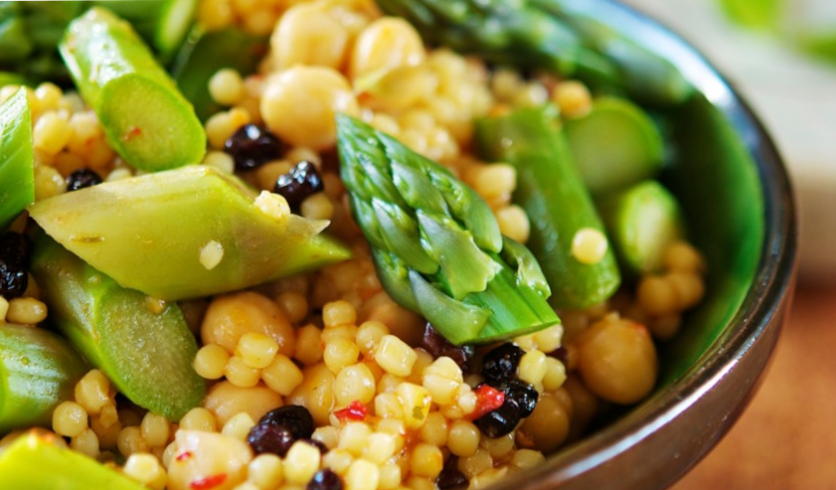
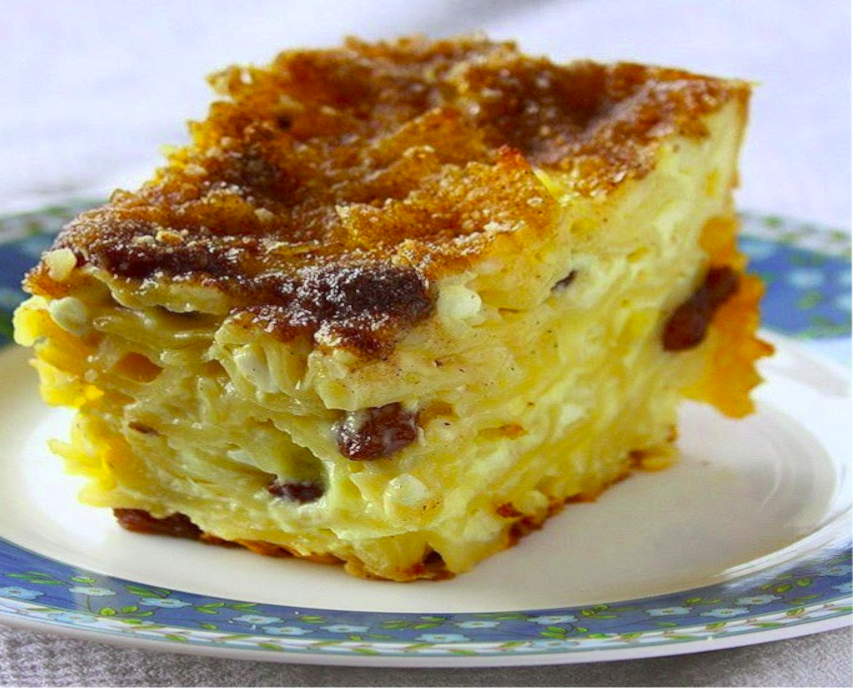
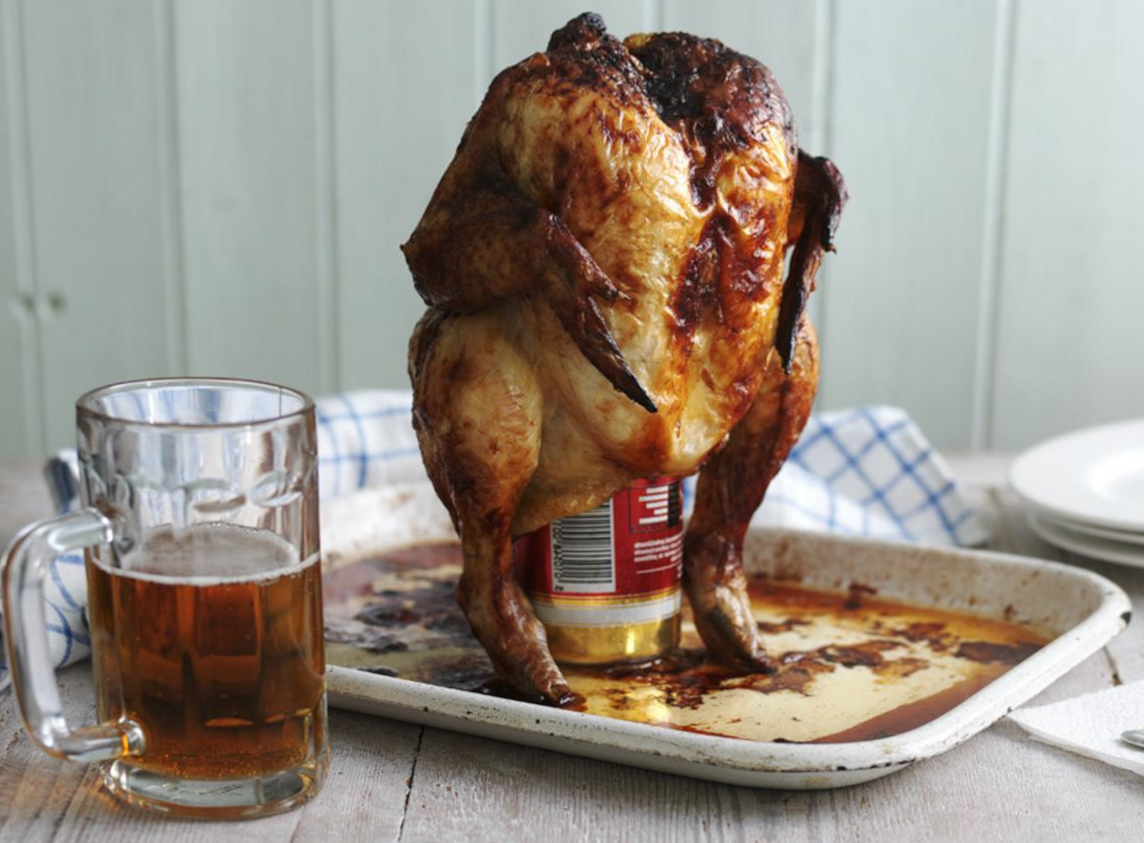
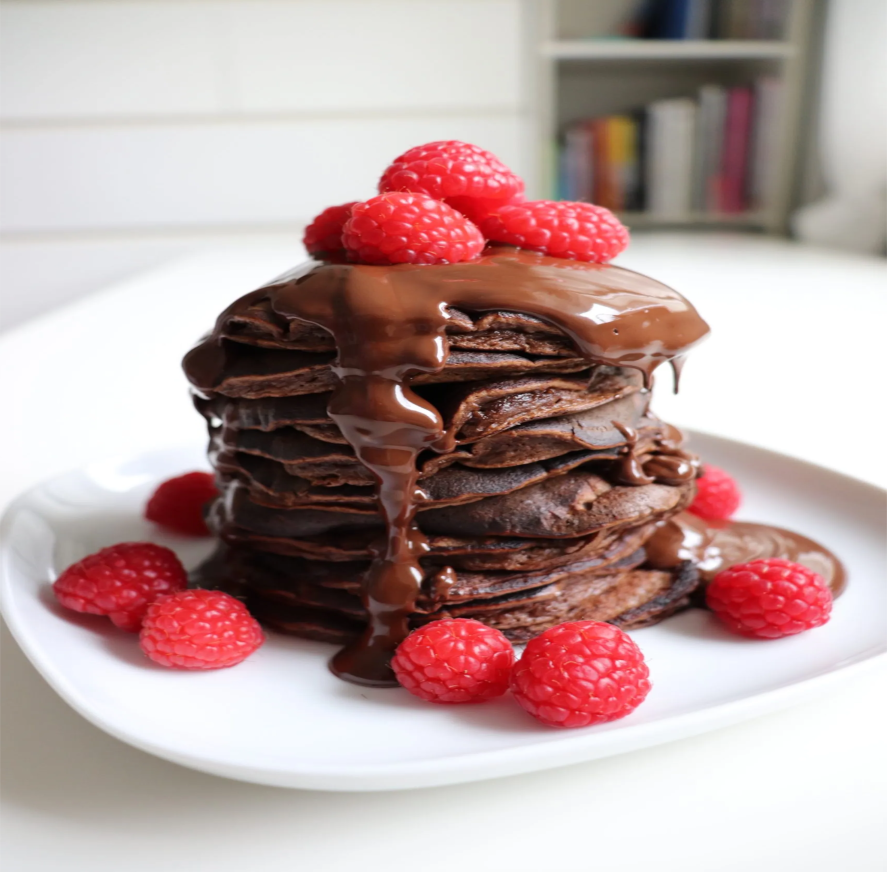




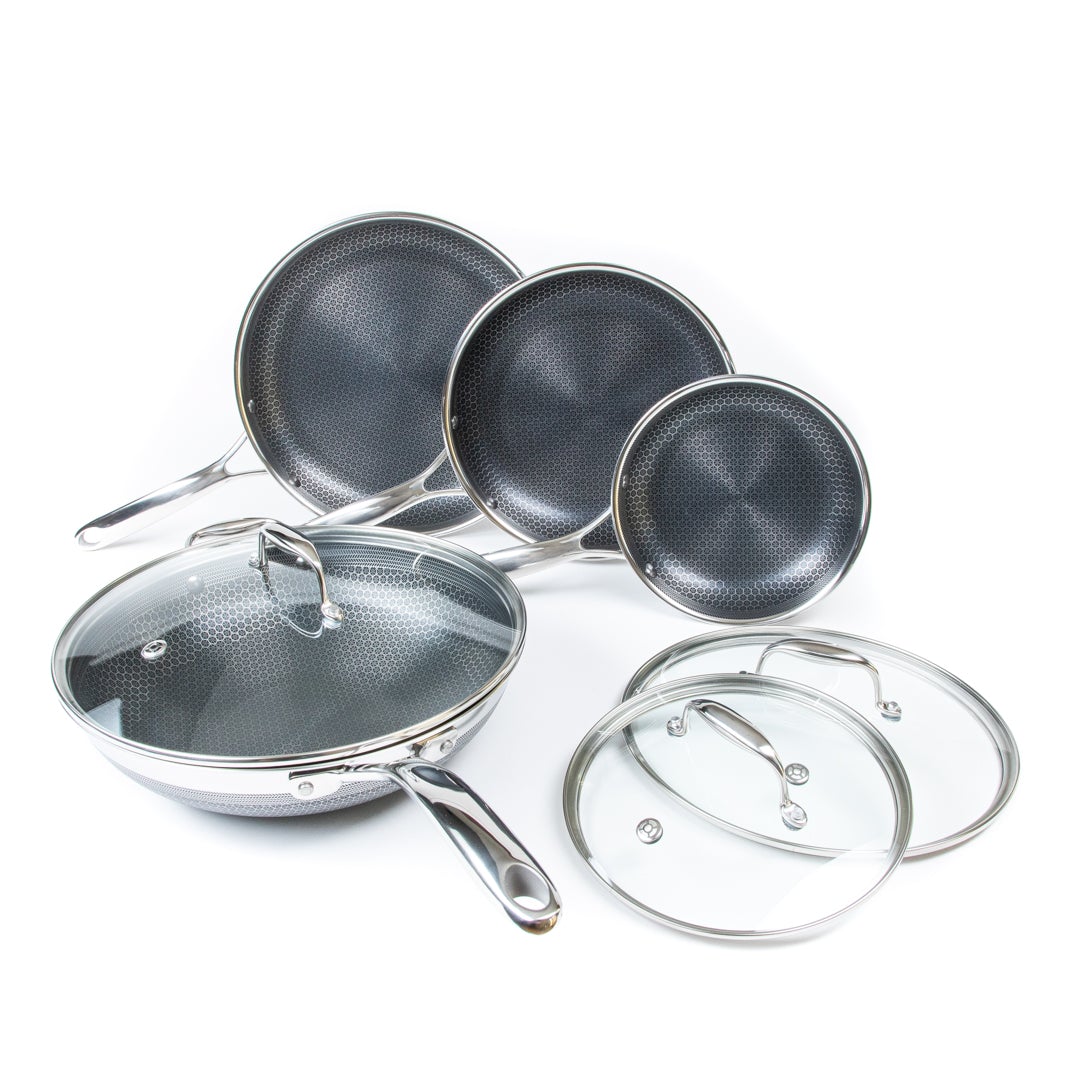
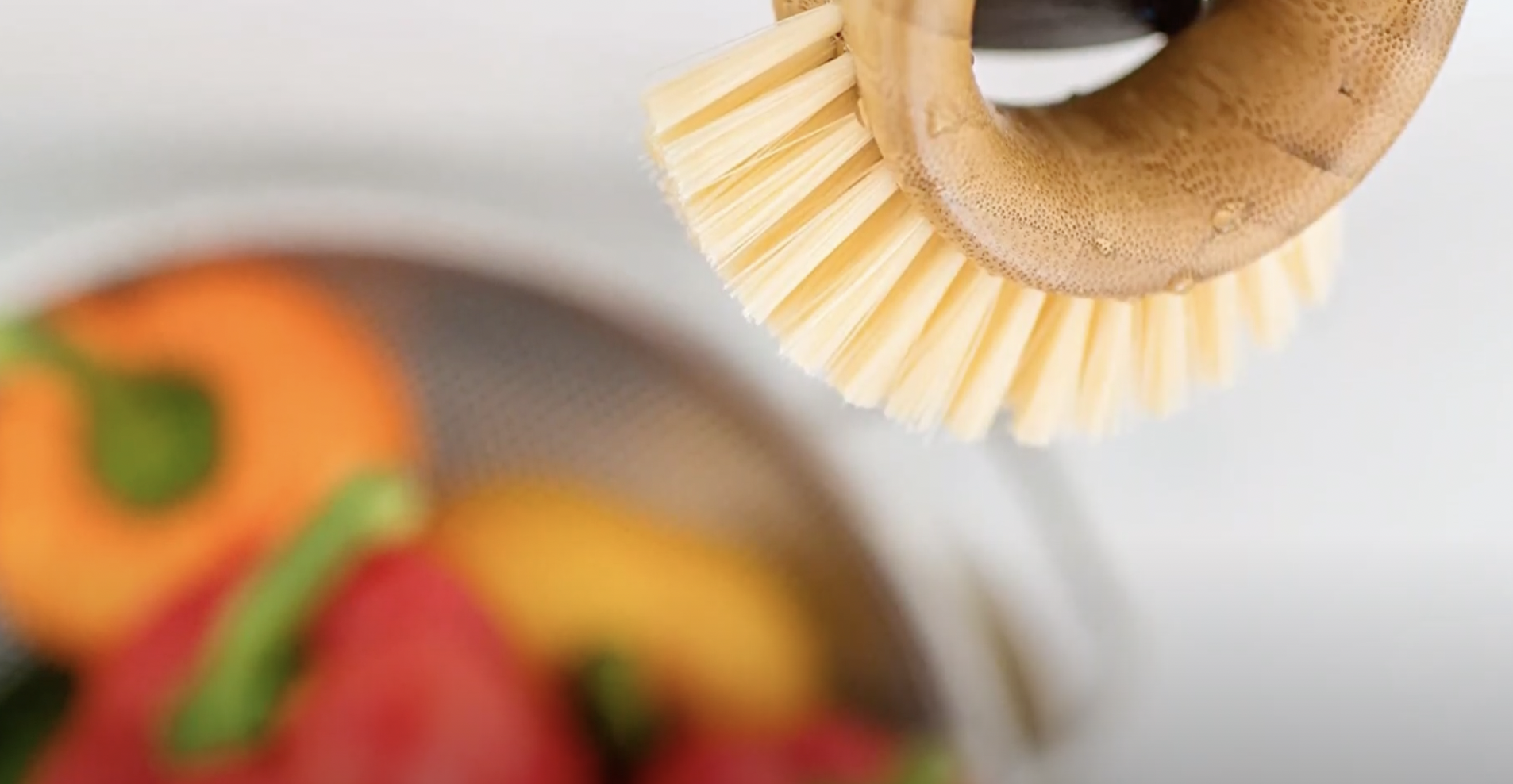

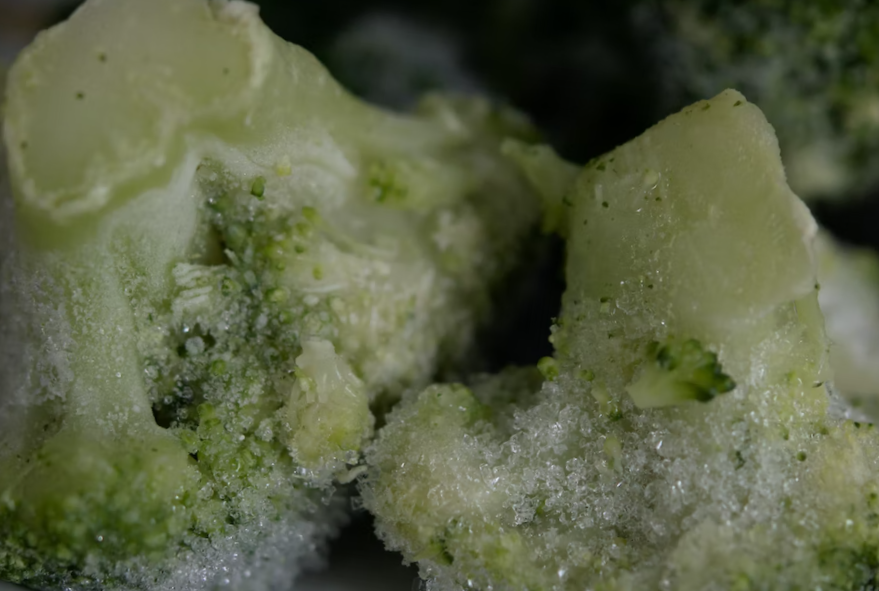


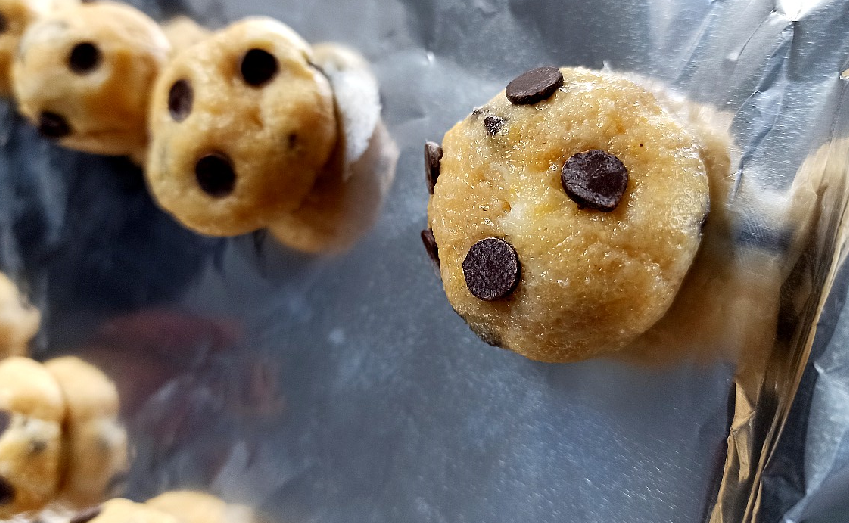
![Can you Cook Eggs in the Microwave? [Complete Guide]](/assets/images/c1f79d1cad59f18f9b5dc31403bd0eb2.png)
